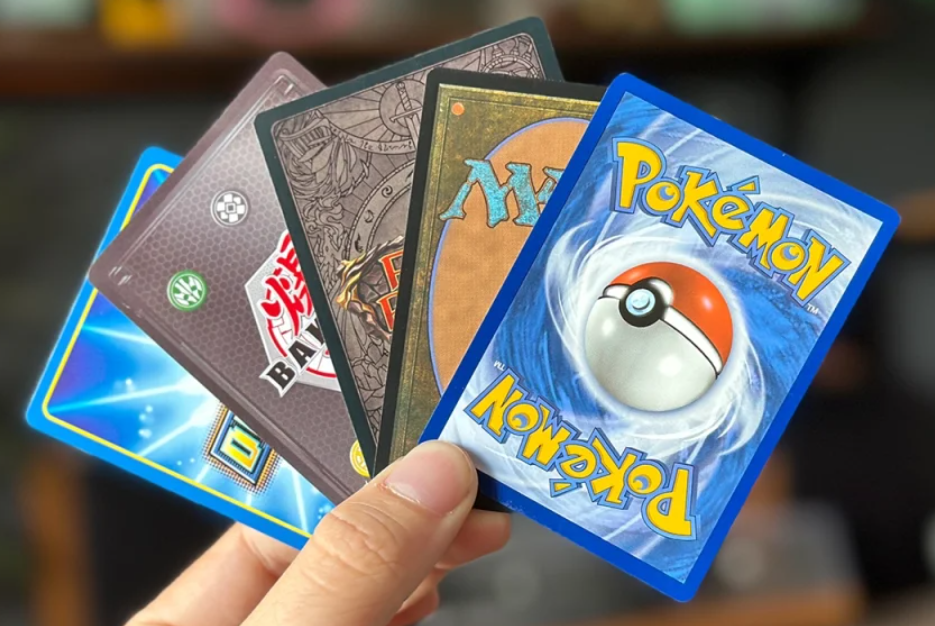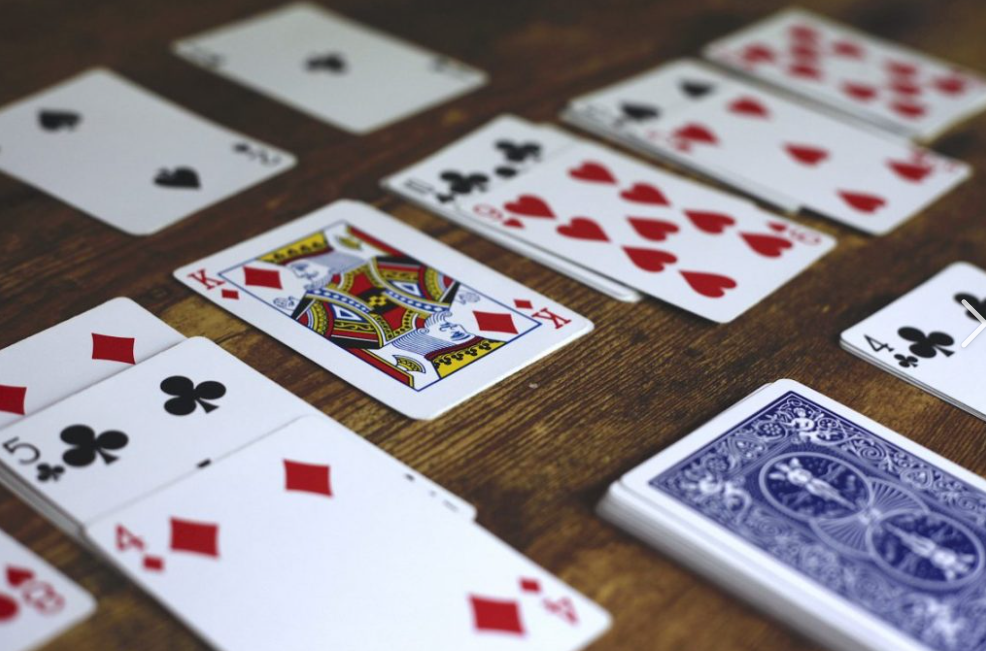Card Games: A Timeless Fusion of Strategy, Culture, and Digital Innovation
Introduction
Card games have captivated humanity for centuries, evolving from hand-painted decks in ancient China to global digital phenomena. Combining strategy, chance, and social dynamics, they remain a cornerstone of gaming culture. This article delves into their historical roots, diverse genres, cognitive benefits, and modern innovations.

1. Historical and Cultural Foundations
The origins of card games trace back to 9th-century China, with the Leaf Game (Yezi Ge) often cited as an early precursor. By the 14th century, playing cards spread to Europe, evolving into suits like hearts, spades, diamonds, and clubs. These designs laid the groundwork for classics such as Bridge, Poker, and Hearts, which remain staples in competitive and casual play.
In modern times, card games reflect cultural narratives. For example:
- Trick-Taking Games: Contract Bridge and Spades emphasize teamwork and predictive logic, with studies highlighting their PSPACE-complete complexity in perfect-information scenarios.
- Collectible Card Games (CCGs): Magic: The Gathering and Hearthstone blend strategic depth with lore-driven storytelling, inspiring global tournaments.
2. Key Genres and Their Mechanics
Solitaire: A Sanctuary of Focus
Single-player card games like Spider Solitaire and Klondike offer meditative challenges. The 18 Best Solitaire Games collection (2025) highlights variants such as:
- Scorpion Solitaire: Requires clearing tableau columns with strategic sequencing.
- Pyramid Solitaire (Easy Mode): Matches pairs summing to 13, ideal for quick mental workouts.
Social and Competitive Multiplayer Games
- Trick-Based Classics: Pinochle and Euchre rely on melding and trump suits, rewarding memorization and adaptability.
- Party Games: Crazy Eights and War prioritize speed and luck, making them accessible to beginners.
- Hybrid Innovations: Balatro (Steam’s 97%好评 game) combines roguelike elements with poker mechanics, offering fresh strategic layers.
Educational and Therapeutic Applications
Card games are increasingly used in pedagogy and therapy:
- Chemistry Education: The Old Prof Card Game teaches molecular structures through competitive matching.
- Cognitive Rehabilitation: Games like Golf Solitaire enhance memory and problem-solving in elderly patients.
3. The Digital Revolution
Mobile Adaptations
Traditional games have thrived in digital formats:
- Solitaire Kings Online: Offers cross-platform play with daily challenges and leaderboards.
- Balatro Mobile: Preserves PC gameplay fidelity, allowing players to collect 150+ unique cards and devise meta-strategies on smartphones.
AI and Procedural Generation
Modern engines use AI to:
- Balance Complexity: Games like Double Dummy Bridge employ algorithms to simulate optimal play, aiding both learners and developers.
- Generate Infinite Variations: Apps like Puzzle Maker Pro let users create custom decks for personalized challenges.
4. Cognitive and Social Benefits
- Mental Agility: Regular play improves working memory, pattern recognition, and risk assessment.
- Social Bonding: Games like North-South Front (a two-player poker variant) blend strategy with camaraderie, using mechanics like Blitzkrieg Mode to add timed excitement.
- Stress Relief: Solitaire’s repetitive yet engaging nature reduces anxiety, as noted in studies on Spider Solitaire’s therapeutic effects.
5. Future Trends
- VR Integration: Projects like Arachnophobia VR aim to simulate tactile card handling and 3D tableaus.
- Sustainability: Eco-conscious decks made from recycled materials gain traction, aligning with green gaming initiatives.
- Global Esports: Card game tournaments now offer million-dollar prizes, with titles like Hearthstone leading the charge.

Conclusion
From medieval taverns to cutting-edge apps, card games endure as a testament to human ingenuity. They challenge the mind, connect communities, and adapt relentlessly to technological shifts. Whether through a tense round of Texas Hold’em or a solitary session of Spider Solitaire, these games remind us that the simplest tools can spark infinite complexity—and joy.

